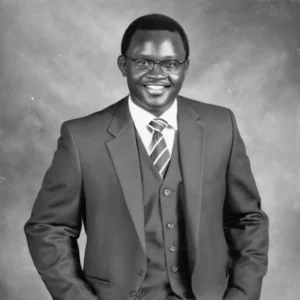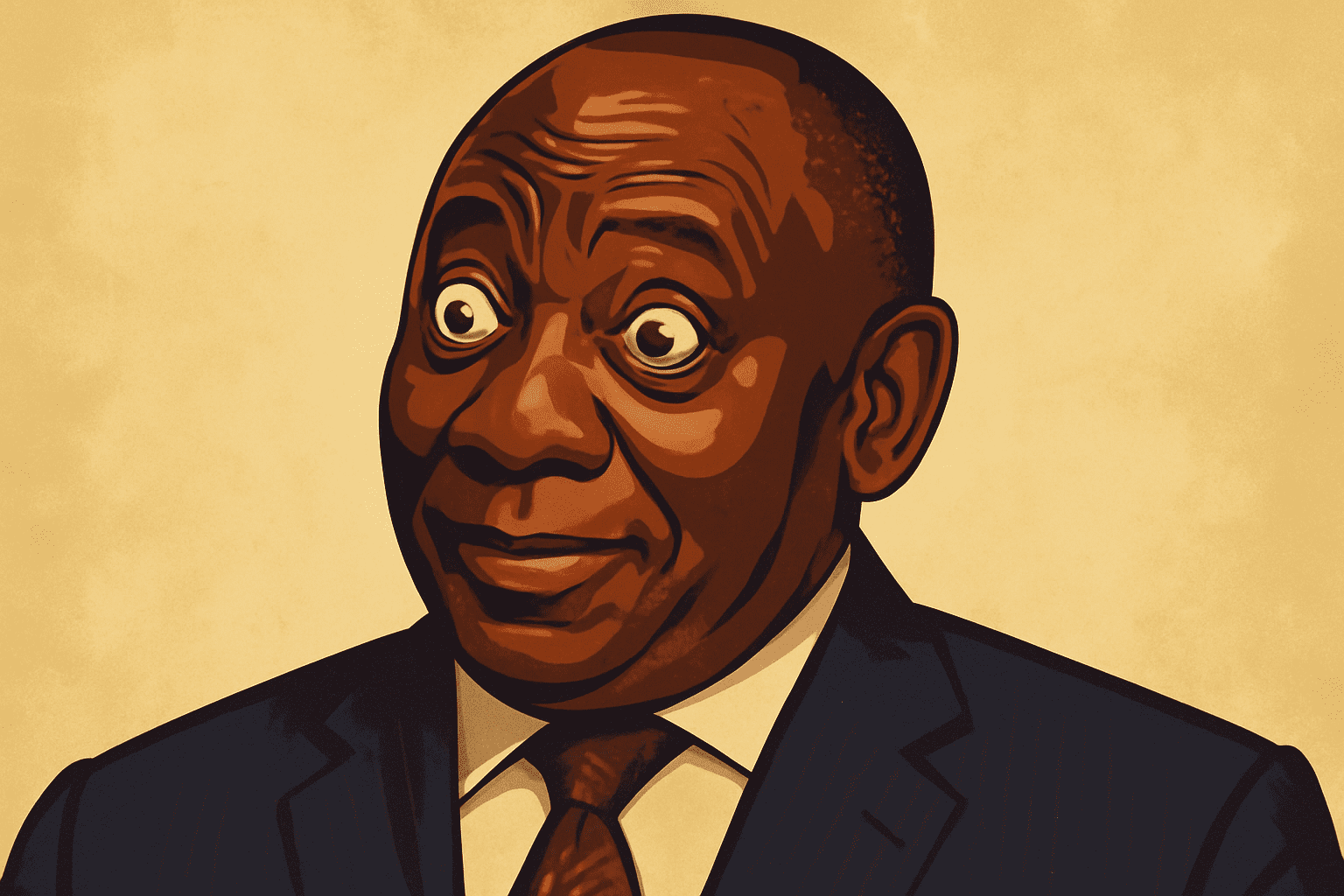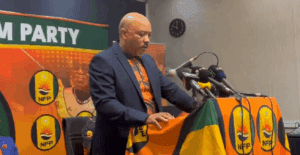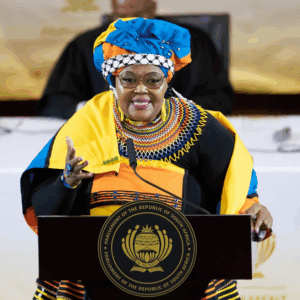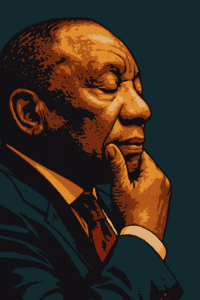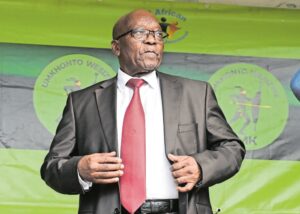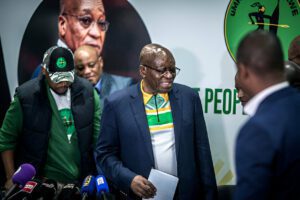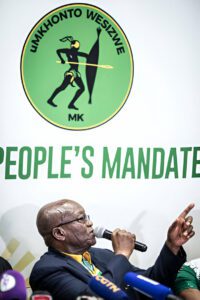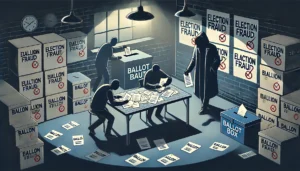The MK Party has called on President Cyril Ramaphosa to respond to allegations raised under oath at the Madlanga Commission of Inquiry. Testimony delivered by Lieutenant-General Nhlanhla Mkhwanazi claims that the president personally instructed the National Police Commissioner to send elite police units to a private mine, raising pressing questions about the use of state security structures.
Allegations of State Capture in Security Deployment
According to evidence presented, both the Special Task Force and the National Intervention Unit were deployed to Richards Bay Minerals, a privately owned mining company. For the MK Party, this represents a severe misuse of public resources, especially in a country grappling with violent crime and systemic insecurity.
“This act constitutes the capture of state security resources for the narrow benefit of a private multinational, at taxpayer expense, while ordinary South Africans continue to face violent crime, gender-based violence, and lawlessness without adequate protection,”
said MK Party spokesperson Nhlamulo Ndhlela.
The party insists that such revelations confirm what it has been warning about for years: state institutions being bent to serve political and private interests instead of the public good.
Claims of a Compromised Presidency
Ndhlela stressed that the evidence presented at the Madlanga Commission reveals deeper structural issues in South Africa’s democracy.
“The events detailed during the Madlanga Commission confirm what the MK Party has consistently warned against: a criminal justice system captured at the highest level, where political figures manipulate the police to cover for allies, suppress accountability, and serve elite interests,”
he stated.
He added that South Africa is witnessing a dangerous trend in which democratic safeguards are deliberately weakened.
“The rule of law is being subverted by the very people sworn to uphold it,”
Ndhlela remarked.
Demands for Accountability
The MK Party has now placed the responsibility firmly at President Ramaphosa’s door, insisting that he explain the legal grounds, financial cost, and reasoning for the deployment of the elite police units. The party has also called on the president to justify how such actions align with his constitutional duty to govern in an impartial manner.
“If Mr Ramaphosa fails to respond satisfactorily,”
Ndhlela warned,
“the MK Party will escalate the matter through all parliamentary, Chapter 9, Auditor General and legal mechanisms to hold him accountable.”
The party argues that any failure to answer to Parliament and the nation would undermine the very foundation of accountability in government.
Public Resources or Private Gain?
The controversy has triggered broader debate about the separation of public power from private interests. For the MK Party, the matter reflects more than a dispute over policing strategy, but a deeper concern about the direction of South Africa’s democracy.
“The state exists to serve the people, not multinational mining companies,”
Ndhlela declared, reinforcing the party’s stance that security resources should remain dedicated to protecting citizens rather than safeguarding corporate profits.
While the president has yet to formally address the claims, pressure is mounting for an explanation. For many South Africans, the issue cuts to the heart of governance: whether institutions designed to protect the public are instead being redirected to serve powerful economic and political elites.
